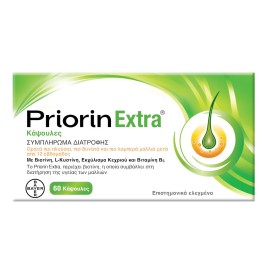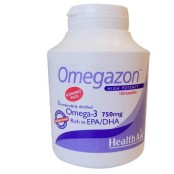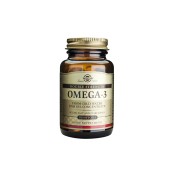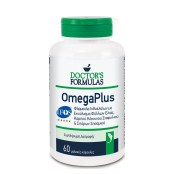Overview of Omega-3 Fatty AcidsOmega-3 fatty acids, particularly eicosapentaenoic acid (EPA) and docosahexaenoic acid (DHA), which are abundant in fish oil, are widely recognized for their cardiovascular advantages. These essential fats cannot be synthesized by the body and must be obtained through diet or supplements.
Impact on Cholesterol Levels
- Total Cholesterol: Omega-3s found in fish oil typically do not lead to significant reductions in total cholesterol levels. Some studies even indicate a slight increase in LDL cholesterol (often labeled as "bad" cholesterol) with higher doses of fish oil.
- LDL Cholesterol: While fish oil may elevate LDL cholesterol levels in certain individuals, the composition of LDL particles can shift toward larger, less dense particles, which are deemed less harmful compared to the smaller, denser LDL particles linked to a heightened risk of cardiovascular disease.
- HDL Cholesterol: Omega-3s can modestly boost HDL cholesterol ("good" cholesterol), which assists in removing LDL cholesterol from the bloodstream and is correlated with a lower risk of heart disease.
- Triglycerides: Omega-3 fatty acids are particularly effective at reducing triglycerides, a type of fat in the blood that contributes to heart disease risk. Fish oil supplements can lower triglyceride levels by 20-30% or more, depending on the dosage.
Mechanism of ActionOmega-3 fatty acids help decrease triglycerides by diminishing the liver's production of VLDL (very-low-density lipoprotein), which transports triglycerides in the blood. They also facilitate the clearance of triglycerides from the bloodstream.
Clinical Recommendations
- Dosage: For lowering triglycerides, the American Heart Association advises a daily intake of 2-4 grams of EPA and DHA through fish oil supplements, preferably under the supervision of a healthcare provider.
- Limitations: Although fish oil is effective in reducing triglycerides, its effects on cholesterol levels are more complex. It is not the primary solution for lowering high LDL cholesterol levels; statins or other lipid-lowering medications are generally recommended for that purpose.
- Additional Benefits: Beyond managing cholesterol and triglycerides, omega-3s in fish oil offer other cardiovascular benefits, including reducing inflammation, slightly lowering blood pressure, and enhancing arterial health. They are also associated with a decreased risk of heart attacks and strokes, particularly in individuals with elevated triglycerides or other risk factors.
ConclusionWhile omega-3 fatty acids from fish oil are highly effective in lowering triglycerides and can lead to a slight improvement in HDL cholesterol, they do not significantly reduce LDL cholesterol and should not replace medications specifically intended to lower LDL levels. Incorporating omega-3s into your diet through fish consumption or supplements can be a valuable part of a heart-healthy lifestyle, especially for those with elevated triglycerides.
Source: quora.com by John Wright


















